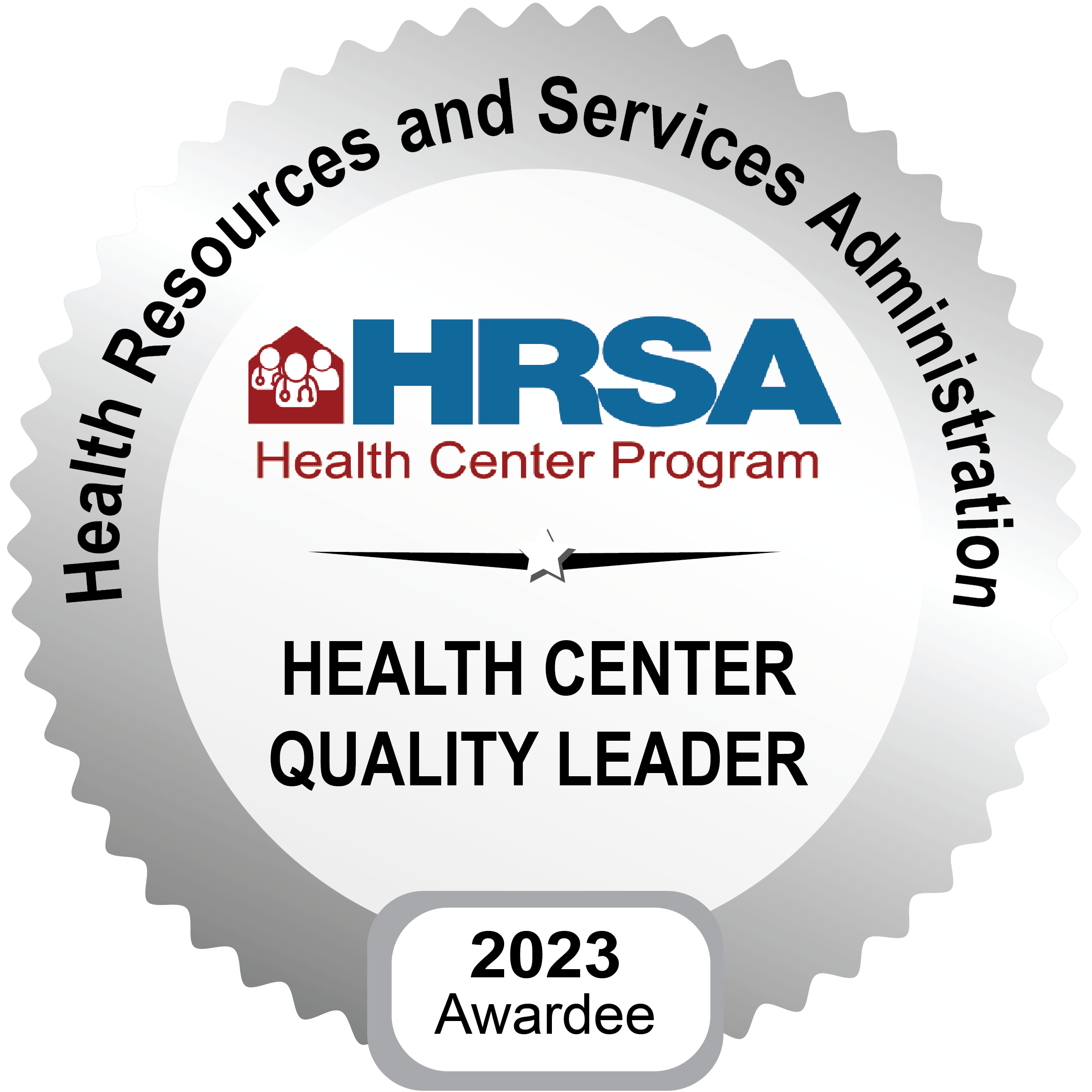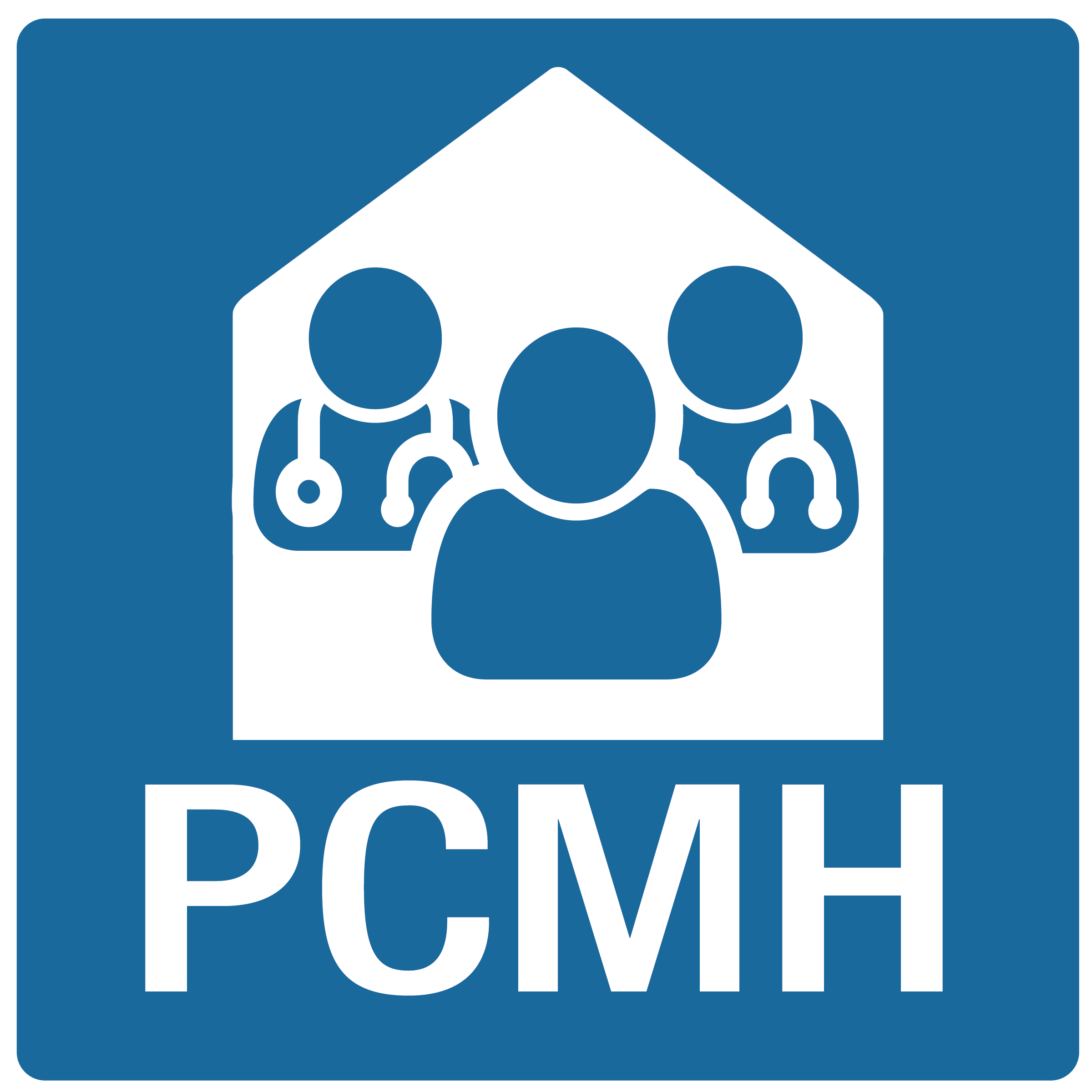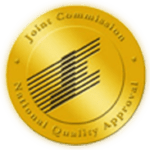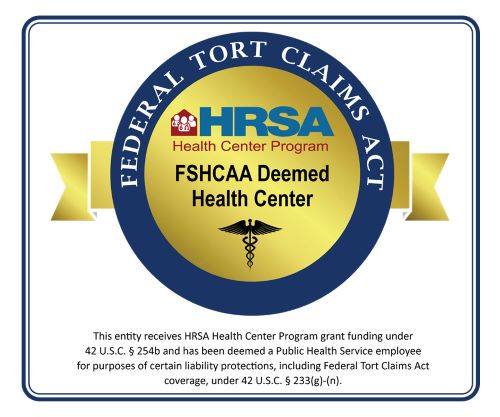
Open and honest communication is the cornerstone of a healthy relationship. When it comes to sexual health, discussing sensitive topics such as HIV screening can sometimes feel uncomfortable or awkward. However, having this conversation is crucial for both your well-being and the overall health of your partnership. In this blog, we will provide you with some guidance on how to talk to your partner about HIV screening, ensuring that you approach the topic with compassion, empathy, and a shared commitment to your mutual health.
Before initiating a conversation about HIV screening, it's essential to educate yourself about HIV transmission, prevention, and testing. Understanding the facts will help you approach the conversation confidently and dispel any misconceptions or fears you or your partner may have. Reliable sources such as reputable health organizations or healthcare providers can provide accurate and up-to-date information.
Selecting an appropriate time and place for such an important conversation is crucial. Find a moment when both you and your partner are relaxed and able to give each other undivided attention. It's important to create a safe and non-judgmental environment where both of you feel comfortable discussing sensitive matters openly.
When bringing up the topic of HIV screening, it's important to use non-accusatory language to avoid making your partner feel defensive. Instead of saying, "You need to get tested," try using phrases like, "I believe it's important for both of us to prioritize our sexual health and get tested together." Frame the conversation as a shared responsibility rather than placing blame or making assumptions.
Clearly communicate why you feel that discussing HIV screening is important for your relationship and well-being. Share your concerns, fears, and expectations. Remember to use "I" statements to express your feelings, which can help prevent the conversation from becoming confrontational. For example, say, "I care about you and our health, and I believe it's essential for us to get tested to ensure our peace of mind and protect each other."
Engage in active listening during the conversation. Give your partner the opportunity to express their thoughts, concerns, and feelings without interruption. It's essential to show empathy and understanding throughout the discussion. Be prepared to answer any questions your partner may have and address their concerns with respect and compassion.
If your partner has questions or misconceptions about HIV screening, provide accurate information to help dispel any doubts or fears. Share what you have learned and guide them toward reliable resources where they can find additional information. The goal is to ensure both of you have a clear understanding of HIV, testing procedures, and the importance of early detection.
Getting tested together can be a powerful way to strengthen your bond and demonstrate your commitment to each other's well-being. Suggest scheduling an appointment at a healthcare facility or a local clinic that offers confidential and convenient testing services. By going together, you can support each other throughout the process and alleviate any anxiety or stigma associated with testing.
In addition to HIV testing, discuss strategies for preventing the transmission of HIV and other sexually transmitted infections (STIs). Talk about safer sex practices, such as using condoms consistently and correctly, exploring pre-exposure prophylaxis (PrEP) options, and having open conversations about sexual histories. This dialogue will help foster trust, understanding, and shared responsibility for maintaining a healthy sexual relationship.
Talking to your partner about HIV screening may initially seem challenging, but it is a vital conversation to have in any committed relationship. Approaching the topic with empathy, understanding
For your peace of mind, get tested by calling (214) 540-0300.






